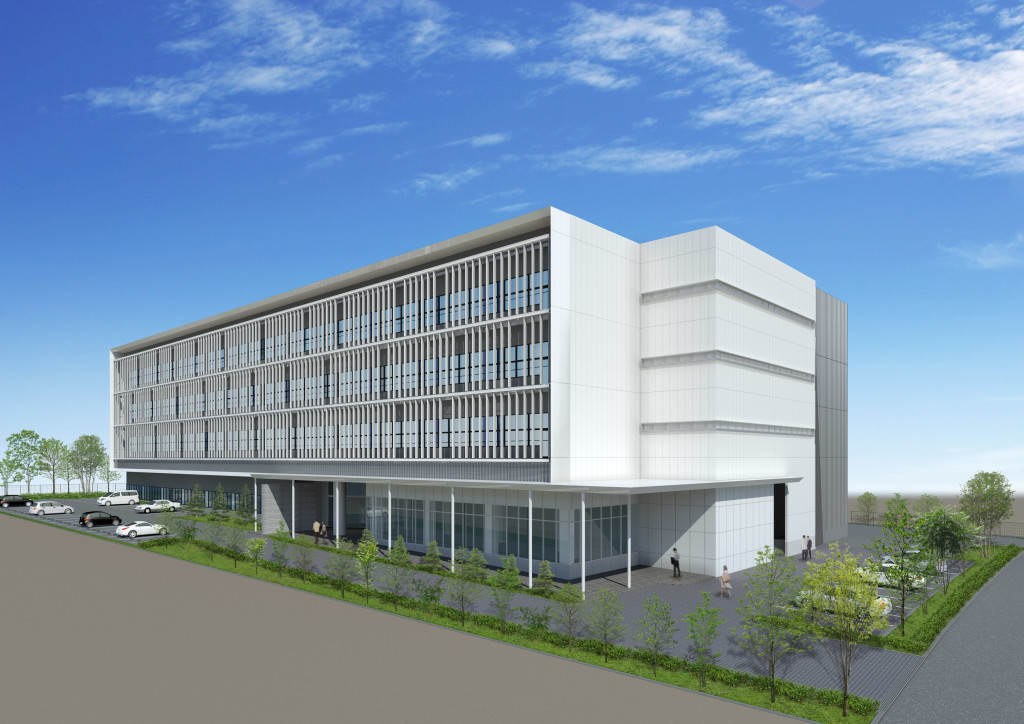The second approach within Healthcare New Frontier focuses on the pursuit of advanced healthcare and health technologies. Kanagawa Prefecture has long been a place where medical device and pharmaceutical companies, research organizations, and related academic institutions have gathered and contributed to the fields of medicine, life science, and industry. As the prefecture attempts to address unmet medical needs related to ageing and rare diseases, the practical application of innovative medicine, iPS cells and robotic technology is becoming an increasingly important function.
Through this policy, Kanagawa Prefecture is able to invest in R&D to develop the advanced medical care and health technologies to address population ageing while supporting new industry and employment. These efforts will also contribute to the strengthening of the clinical trial system, which is critical to improving the environment around pharmaceutical products, medical devices, and regenerative medicine. The growing regenerative and cell-based therapy industry hub will also support strategies to develop healthcare robotics.


